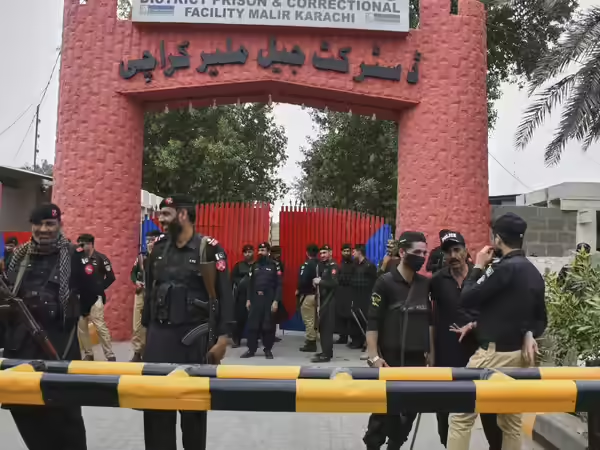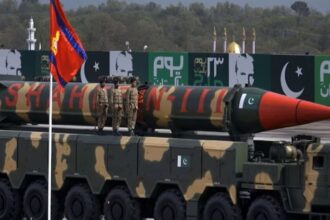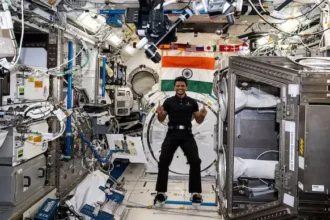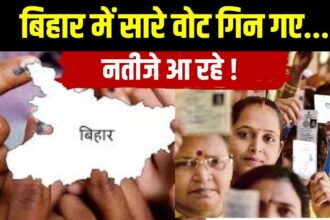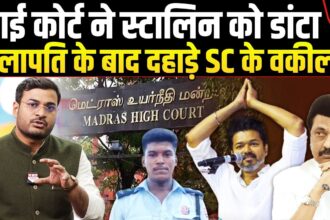North Waziristan suicide blast kills 13 Pakistan soldiers as an explosive-laden vehicle targets a military convoy. Civilians, including children, are injured in this deadly attack. Get full details here.
The Tragic Incident: What Happened in North Waziristan?
According to official statements released by Pakistan’s Inter-Services Public Relations (ISPR), a military convoy traveling through North Waziristan was struck by a vehicle-borne improvised explosive device (VBIED) on Tuesday. The suicide attacker rammed the explosive-laden vehicle into the convoy at high speed, causing a massive explosion.
Key Details:
-
13 soldiers lost their lives in the line of duty.
-
Children and civilians nearby sustained serious injuries due to the blast’s impact.
-
The attack took place in the Mir Ali area, which has witnessed previous insurgent activities.
This marks one of the deadliest attacks on the Pakistan Army in recent months, reviving the haunting memories of earlier militancy-driven years in the tribal belt.
Human Cost: Stories Behind the Numbers


While reports often present such tragedies in numbers, behind each fallen soldier is a family devastated, a mother mourning, and children waiting for their father to return. Many of the martyred soldiers were in their 20s, having joined the military to serve and protect their homeland.
Among the injured were school-going children who happened to be near the site at the time of the blast. Eyewitnesses reported scenes of panic, with locals rushing to rescue the injured and help authorities clear the wreckage.
One resident described the moment as “a thunder-like sound followed by a smoke cloud. Then, everything went dark and bloody.”
Who Is Responsible?

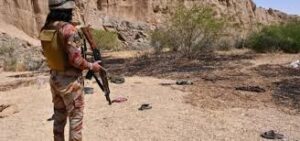
As of now, no group has officially claimed responsibility, but early intelligence hints toward Tehrik-i-Taliban Pakistan (TTP) or its offshoots, which have previously carried out similar attacks. The use of a suicide car bomb (VBIED) aligns with the modus operandi of these extremist factions that continue to operate along the Afghan-Pakistan border.
The area of North Waziristan, despite multiple counter-terror operations like Zarb-e-Azb and Radd-ul-Fasaad, remains a hotbed for extremist activity, largely due to its proximity to Afghanistan and rugged terrain that provides strategic hideouts.
Government and Military Response
Prime Minister and Army Chief have both condemned the attack in the strongest terms.
“The sacrifice of our brave soldiers will not go in vain. Every drop of their blood strengthens our resolve to eliminate terrorism from our land.” — General Asim Munir, Chief of Army Staff
Security forces have launched an immediate search operation to locate the masterminds and facilitators of the attack. Drone surveillance and intelligence reports are being used to narrow down the suspected hideouts.
The government is also in talks with tribal elders to assist in flushing out any remaining sleeper cells in the area.
Public Reaction: Grief, Anger, and Solidarity


Social media in Pakistan has been flooded with hashtags like #NorthWaziristanAttack, #SaluteToMartyrs, and #PakistanArmyZindabad, with citizens expressing outrage and solidarity.
Vigils have been held in several cities including Islamabad, Lahore, and Peshawar. Schools and colleges observed a one-minute silence to honor the martyred troops.
A mother of one of the martyred soldiers, tearfully told the media:
“He had just come home last month. He promised he would return for Eid. Now, he’s come back wrapped in the flag.”
Security Concerns: What’s Next?
This attack has reignited debates over national security, border control, and the fragile peace in Pakistan’s tribal areas. Experts believe this might be a warning signal of resurging militancy, especially with the Afghan Taliban’s rule across the border and increased cross-border movements.
The government has hinted at stepping up border security, fast-tracking intelligence reforms, and introducing advanced surveillance in tribal zones.
Conclusion: A Wake-Up Call for the Nation
The North Waziristan suicide blast isn’t just another incident—it’s a wake-up call. It highlights the sacrifices of our troops and the vulnerabilities in our national defense system. While the pain of the loss is profound, it also reinforces the collective spirit of a nation determined to defeat terror.
ReadMore:- North Waziristan Suicide Blast: 13 Pakistan Soldiers Martyred in Deadly Convoy Attack

